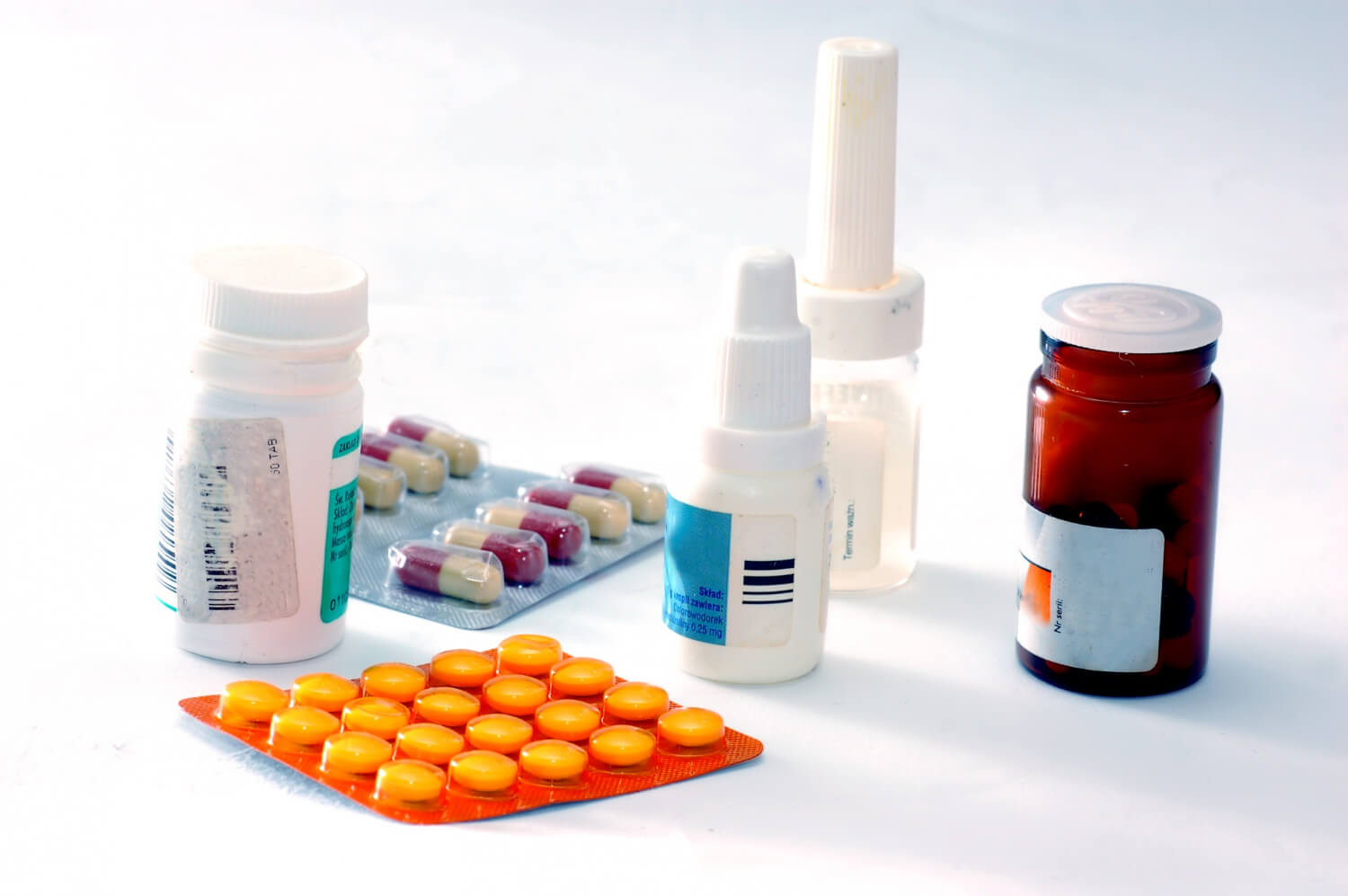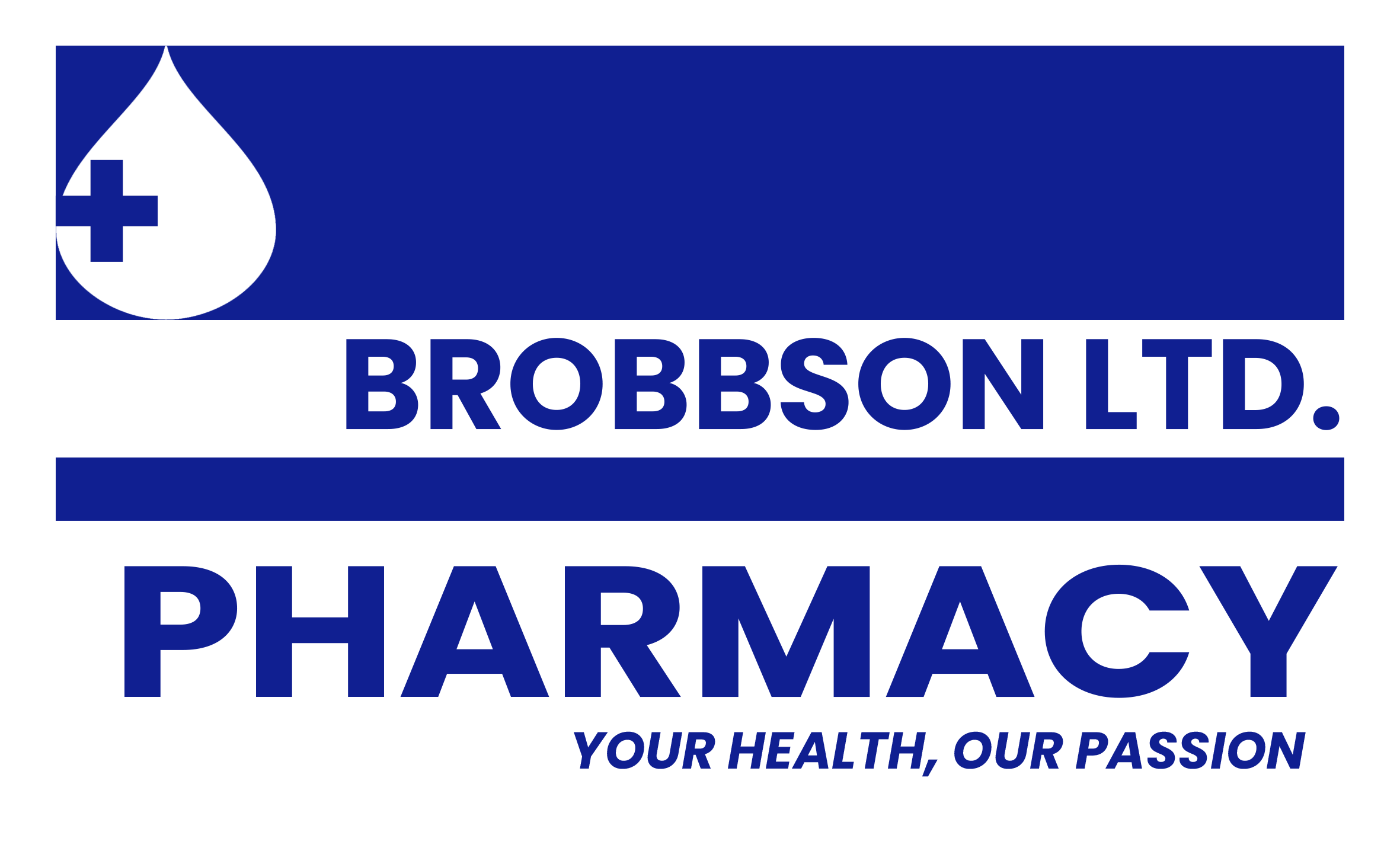Over-the-counter (OTC) medications are a convenient and accessible way to treat common ailments and manage minor health issues without needing a prescription. However, with the wide range of OTC products available, it’s important to understand how to use them safely and effectively. At Brobbson Pharmacy, we’re here to help you navigate your options and make informed decisions about your health.
What Are Over-the-Counter Medications?
OTC medications are drugs that you can purchase without a prescription. They are widely available and can be used to treat a variety of conditions, such as headaches, allergies, colds, and digestive issues. While OTC medications are generally safe when used as directed, it’s essential to understand their proper use to avoid potential risks.
Common Categories of OTC Medications:
- Pain Relievers: Such as acetaminophen (Tylenol) and ibuprofen (Advil), used for headaches, muscle pain, and minor injuries.
- Cold and Allergy Medications: Including decongestants, antihistamines, and cough suppressants, used to relieve symptoms of colds, flu, and allergies.
- Digestive Aids: Such as antacids, laxatives, and anti-diarrheal medications, used to manage digestive discomfort and conditions like heartburn and constipation.
- Topical Treatments: Including creams and ointments for skin irritations, burns, cuts, and insect bites.
- Vitamins and Supplements: To support overall health and address specific nutritional deficiencies.
When to Consult a Pharmacist
While OTC medications are designed for self-treatment, there are times when you should consult a pharmacist before taking them. Our pharmacists at Brobbson Pharmacy are always available to help you choose the right products and ensure you’re using them safely.
Consult a Pharmacist If:
- You are pregnant or breastfeeding, as some OTC medications may not be safe for you or your baby.
- You have a chronic health condition, such as high blood pressure, diabetes, or asthma, which may affect your choice of OTC medications.
- You are taking prescription medications, as there may be interactions between your prescriptions and OTC products.
- You are unsure about which product is right for your symptoms or how to use it.
- Your symptoms persist or worsen after using an OTC medication, as this may indicate a more serious condition that requires medical attention.
Brobbson Pharmacy’s OTC Product Range
At Brobbson Pharmacy, we offer a wide variety of OTC medications and health products to meet your needs. Our shelves are stocked with trusted brands and high-quality options for every common ailment. In addition to standard OTC medications, we also carry:
- Natural and Herbal Remedies: For those seeking alternative treatments.
- Specialty OTC Products: Such as gluten-free, vegan, and dye-free options for sensitive individuals.
- Seasonal Products: Including allergy medications, cold and flu remedies, and sun protection.
If you’re ever in doubt, our friendly and knowledgeable pharmacists are here to help you find the right product and provide guidance on its use.
Take control of your health today. Visit Brobbson Pharmacy to explore our wide range of OTC products or Speak with a Pharmacist for personalized advice.
How to Safely Use OTC Medications
Although OTC medications are easy to access, using them incorrectly can lead to adverse effects or interactions with other medications you may be taking. Here are some tips to ensure you’re using OTC medications safely:
1. Read the Label Carefully:
- The label on OTC medications provides essential information, including active ingredients, recommended dosages, potential side effects, and warnings. Always read the label before taking any medication, even if you’ve used it before.
2. Understand the Active Ingredients:
- Some OTC medications contain multiple active ingredients, especially combination products like cold and flu remedies. It’s important to understand what each ingredient does and ensure you’re not taking multiple products with the same active ingredient, which could lead to an overdose.
3. Follow the Dosage Instructions:
- Always follow the dosage instructions provided on the label. Taking more than the recommended dose can increase the risk of side effects and may be harmful.
4. Be Aware of Interactions:
- OTC medications can interact with prescription drugs, other OTC products, and even certain foods or drinks. If you’re taking other medications, consult with our pharmacists to ensure there are no harmful interactions.
5. Watch for Side Effects:
- Common side effects of OTC medications include drowsiness, dizziness, and digestive issues. If you experience any unusual or severe side effects, stop taking the medication and contact a healthcare professional immediately.
6. Store Medications Properly:
- Keep all medications in their original packaging and store them in a cool, dry place, out of reach of children. Check expiration dates regularly and dispose of any expired or unused medications safely.




